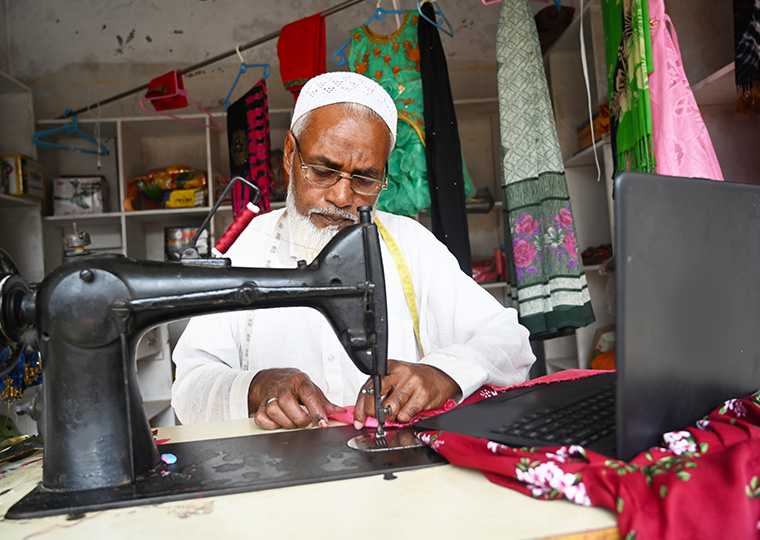How founders’ employment history shapes their ventures
Mark Zuckerberg and Elon Musk may be America’s most famous entrepreneurs, but their routes to success as 20-something Wunderkinder are hardly standard. In 2016, some 76 percent of new companies were started by people 35 years old or older, according to the 2017 Kauffman Foundation Index of Startup Activity. Most of those entrepreneurs worked for someone else first.
These spinout founders — people who end careers at established companies to strike out on their own — are a bit of a mystery to economists. Although research finds that entrepreneurial employees fare best with ventures within their former employer’s industry, little is understood about how an individual’s employment history bears on the new company’s fate. External factors such as industry competition, economic climate and regional differences in business regulation make pinpointing important differences in entrepreneurs’ backgrounds difficult.
New research out of UCLA Anderson School of Management provides a few insights. Human capital, the experience and knowledge an employee possesses that is useful to a firm, plays a key role in determining both the likelihood of spinouts and the kinds of new companies that are created, according to a working paper by Anderson’s Mariko Sakakibara and Natarajan Balasubramanian of Syracuse University.
Opt In to the Review Monthly Email Update.
Looking at 180,000 spinout founders in 30 states, the researchers found that most of the businesses were started by those who’d been lower-level employees. Some 76 percent of those startups were in industries unrelated to the companies that trained their founders.
But when top talent left an established company for entrepreneurship, they were more likely to build businesses in the same field as their former employers, the study finds. Within-industry startups are statistically more successful, the finding suggests, because they tend to be formed by more experienced leaders.
The study also finds that large employers are more likely to discourage entrepreneurship, particularly the formation of new companies within their own industries. In smaller established companies, the likelihood that an employee will spin out a new business within the same industry rises with that person’s experience and wages. But at very large companies, the likelihood of a within-industry spinout falls off at the top level of management.
The authors suggest that larger companies have more resources to prevent new competition, either by offering high paychecks that employees are reluctant to give up, or through the threat of aggressive and expensive competitive battles.
The researchers used data from the U.S. Census Bureau that provided employment history and wages, matched to employers, for workers in broad industries. They looked at employees who formed spinouts between 1990 and 2010, comparing their wages and employment history to co-workers within their firms. They also collected quarterly employment and payroll data on the employers.
The research follows a 2015 study in which Balasubramanian and Sakakibara found that an entrepreneur’s earnings as an employee was a strong indicator of the success of his or her own company. The highest paid employees went on to start the most successful spinoffs, according to those findings.
Featured Faculty
-
Mariko Sakakibara
Sanford and Betty Sigoloff Chair in Corporate Renewal; Professor of Strategy
About the Research
Sakakibara, M., & Balasubramanian, N. (2017). Let’s get away from Big Daddy: How human capital and parent size influence the destination industry of spinouts.
Balasubramanian, N., & Sakakibara, M. (2015). Human capital of spinouts.






